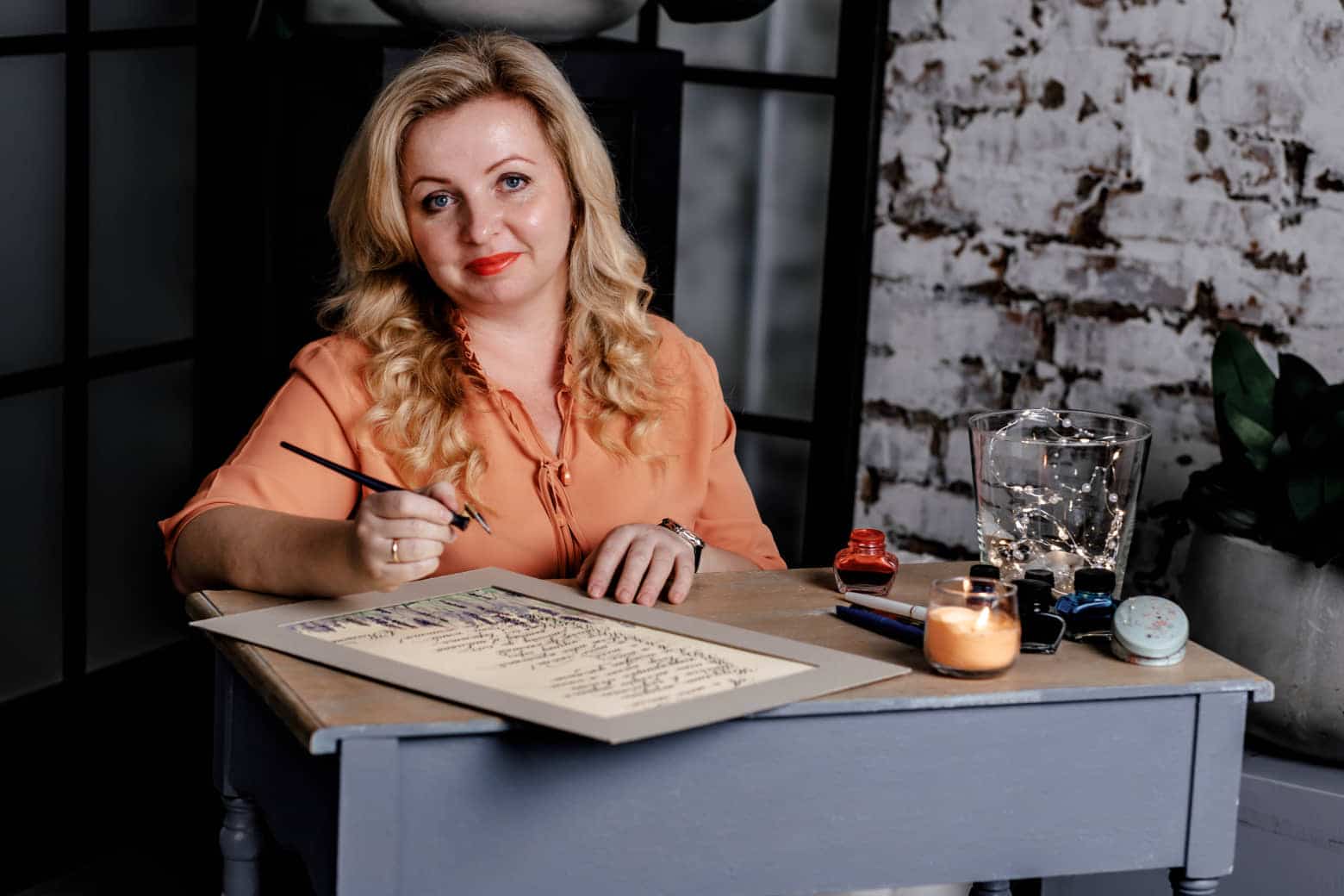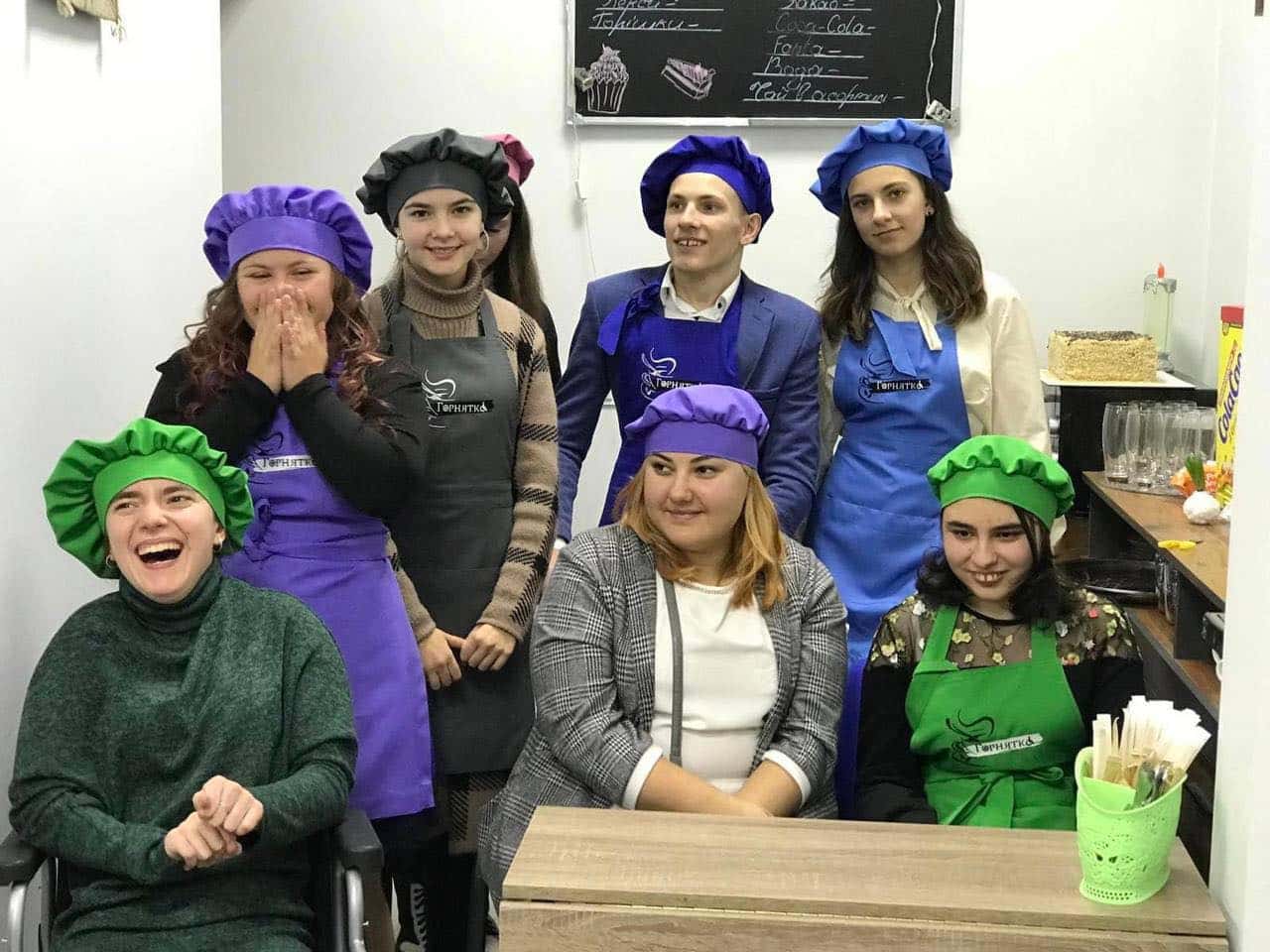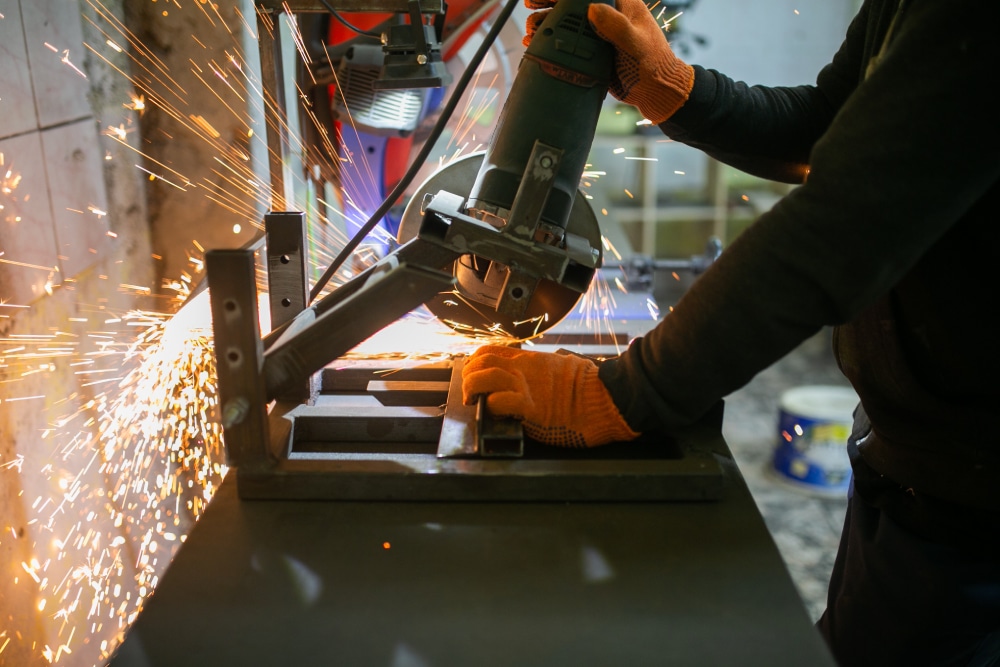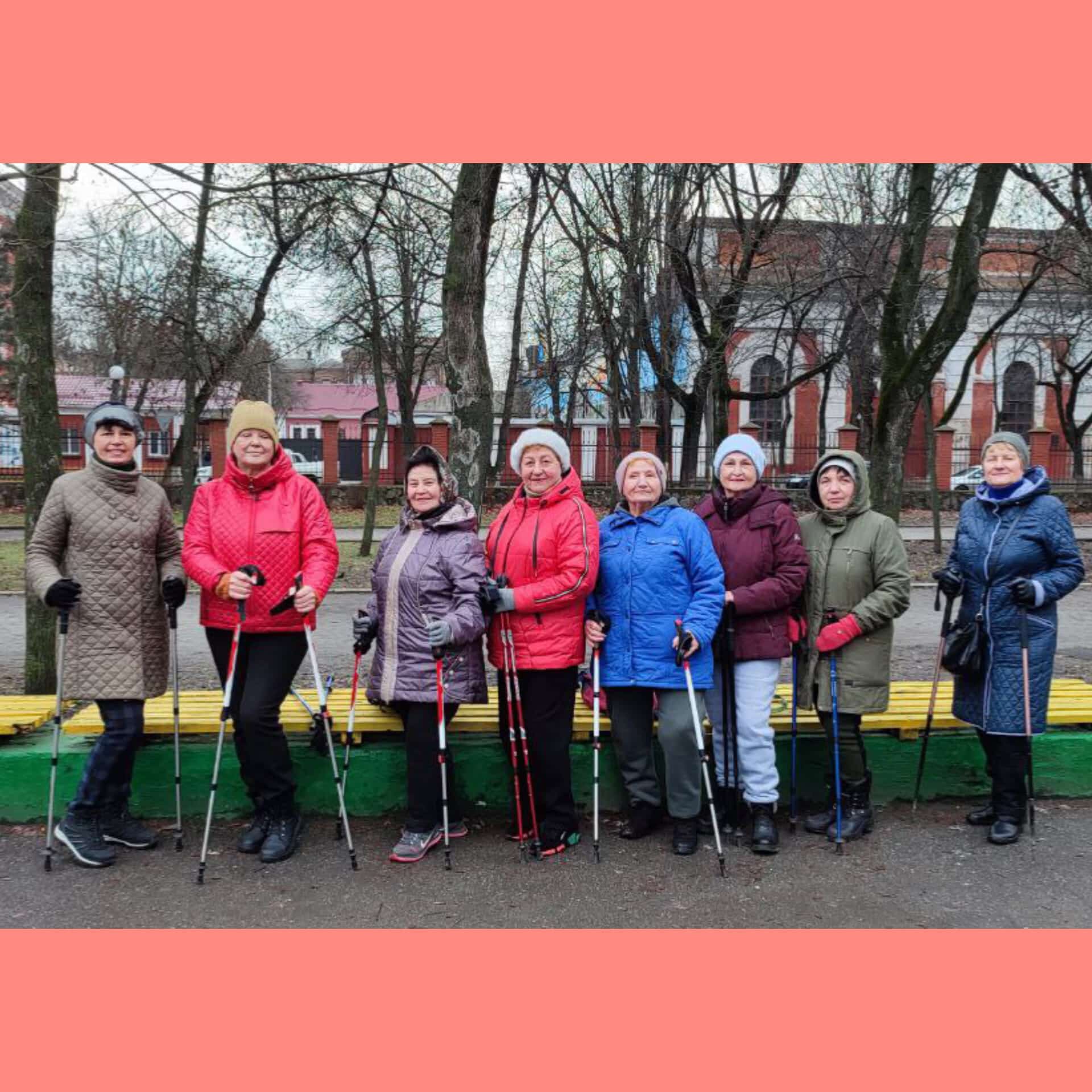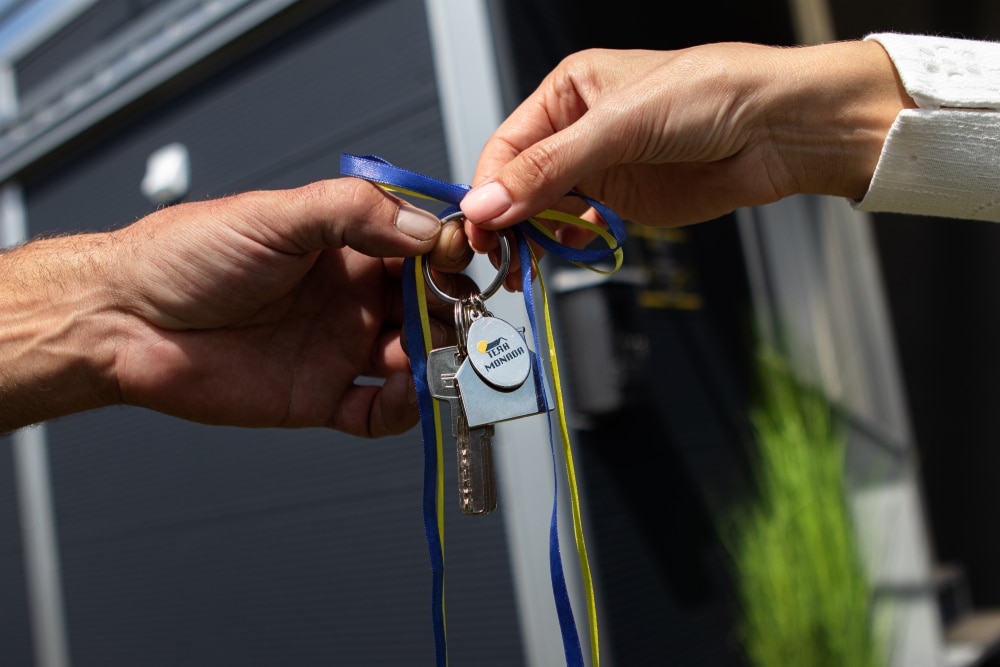On 24 February many Ukrainians were forced to pack their things in haste and flee the war-torn cities. Some of them found refuge in Ukraine, the others went abroad. Some time went by, and people got used to their new circumstances. But despite the hospitality and support, these people were getting, many of them soon felt they wanted back home. So they packed their things again and set off again. Today, we are telling the stories of Ukrainians who left their homes after the full-scale invasion but decided to come back later.
The City That Stands, A Steel-Concrete City
When the war came to Kharkiv, technical director Oleksandr Herasymov knew very well how to act next. His IT company developed a plan in case of a full-scale invasion. At 5 a.m. the man was already getting ready to leave. By prior agreement, Oleksandr took his son from his ex-wife, then took his son, his girlfriend, his parents and his brother, got in the car and drove together with them towards Svitlovodsk.
The Kharkiv resident, Oleksandr, was trying to choose between the two options. When Oleksandr woke up from the sound of shelling and MLRS rounds, he understood: that could have been the last day he saw the home that he loved so much. But at the same time, he was having a thought: despite the bombings and shelling, Ukraine will prevail, and the enemy will realize that it would not be possible to defeat Ukraine with rude force. And So Oleksandr and his family would return to Kharkiv that same night.
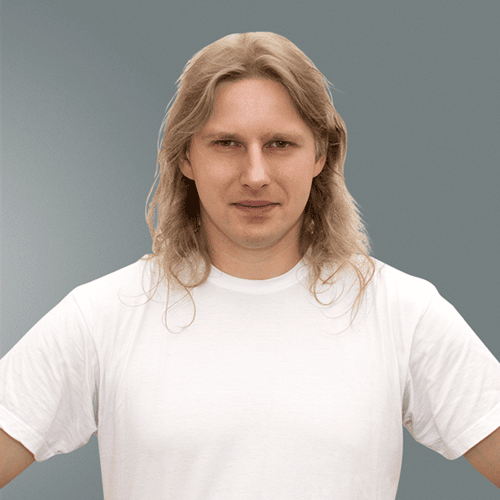
«In the first days of the war, I understood what was normal for me and what wasn’t,» Oleksandr reminisces. «And what I had to be doing. I’ve been working non-stop, for twelve hours a day, with no days off, and I’ve been doing it for three weeks. I had to make sure the company’s working process was well-adjusted. I mean, I decided to fully dive into the work, 100%, and that was what saved me. A week passed, and one of the company co-founders offered to meet for a pizza. And when we understood we were all together and that there were a lot of us in one designated spot, that was just an unbelievable feeling. While we were traveling, the company owners opened up the recreational centre. People in the town started renting apartments for internally displaced people. We arrived, and they helped us with the housing.»
Oleksandr and his family were given a nice apartment, but the man understood that it was just a temporary residence. He continued communicating with his neighbors who stayed in Kharkiv. There was a beautiful view of several city neighborhoods from Aleksandr’s house. However, after 24 February, the Windows view could have left anyone terrified.
«Russian fighter jets worked in pairs,» Oleksandr told us. «We could see how they were bombing the Kharkiv TV tower. To me, it was a certain marker: once there would be no enemy aviation it would be relatively safe to be thinking about returning. I wanted to go back home. I felt very uncomfortable in Svitlovodsk, even though my colleagues were there with me.»
In Svitlovodsk, he and his colleagues would be checking the news constantly. They would be watching photos and videos of the shillings and bombings, and it felt like there was nothing left of Kharkiv anymore. That’s why, when Oleksandr came back home he was amazed by the city as he was sure everything would be much worse.
«When you arrive at the explosion site you would often see a couple of houses burning here and there, then another house on fire a little farther away, and you can see sites where there’s been a big fire. But the destruction doesn’t seem to be that massive. I personally felt very inspired after I came back. It was absolutely clear to me that we would build everything back and that we would be living great lives. I saw that the city was standing and that this city is truly a steel-concrete city.»
Ukrainian Sun
Tanya Rybak works as a tour guide in her native city of Vinnytsya for the past three years. However, on 24 February, her normal routine was disrupted by the full-scale invasion. On 24 February, Tanya and her two children were woken by the sound of the air raid alarm. Her first thought was: she had to feed her kids first as it was unclear what would happen next. There was already a very long lineup in front of the grocery store. People were scared, and they would be calling their families and loved ones all the time. However, there was no panic.
But Tanya’s three-year-old daughter was getting terribly scared every time she would hear sirens. The family set up a cover in the hallway, and after that, the kids would refuse to sleep in their beds. The woman herself remembered that sticky terror from the sirens’ sound.
«However, on 25 February, we gathered the so-called tailors’ forces and started sewing buffs and balaclavas for the local territorial defence units, for the soldiers and policemen,» Tanya says. «I was amazed how strangers would somehow find my contact details, get in touch with me and bring material from all over the city. We would be sewing all these items, and the soldiers would be taking them. My daughter was so terrified of the sirens that even while sleeping, she would often walk up suddenly, crying and screaming, «We need to get to the shelter!». It was breaking my heart, as a mother. When the airport was hit on 5 March, we decided to leave. It was scary, to head into the unknown. A girl from Germany invited us, we were friends with her and have been talking for a while on Instagram. We didn’t know each other in person but she offered us shelter.»
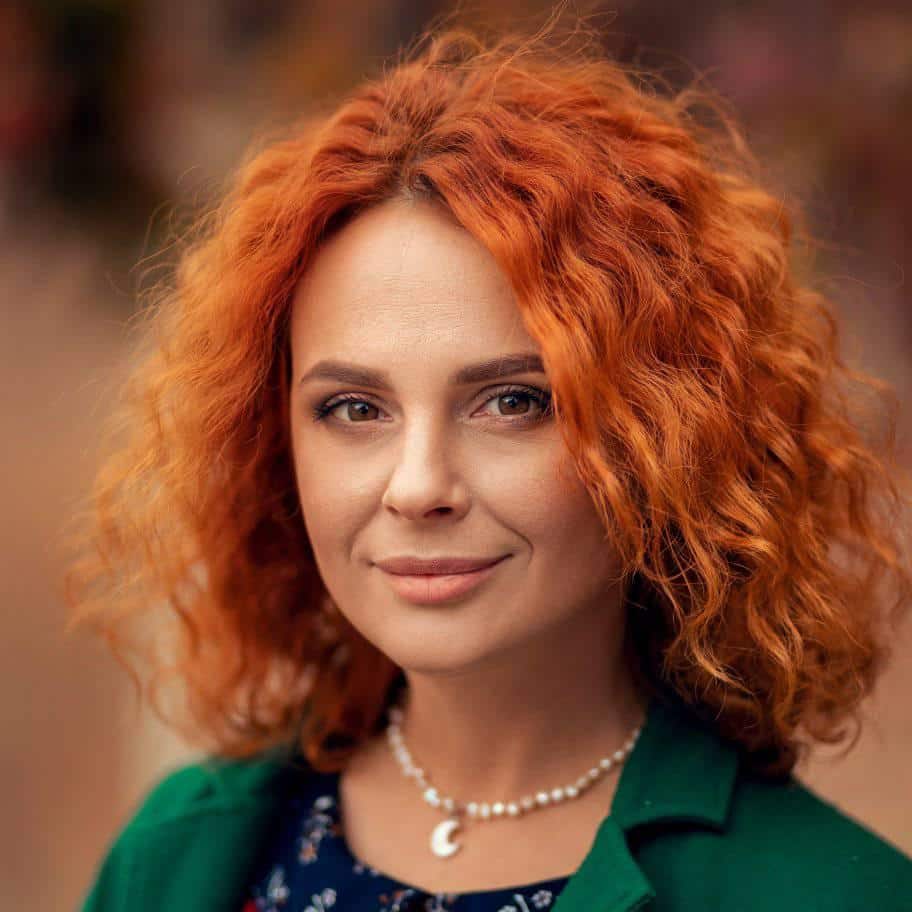
So, Tanya together with her little daughter and her ten-year-old son got on the bus and headed to Krakow. Their trip took them one and half days. From here, their journey continued to Offenburg, in the South of Germany.
Tanya’s good friend Alla, who Tanya calls an «angel», hosted her and her children. Before the family’s arrival, Alla posted ads within the city community to collect all the necessary things for the family, such as clothes, different things, and toys. There are three children in Alla’s family. When two more children added to that, it was pretty crazy, Tanya recalled. Her children are very active and full of energy. And despite the language barrier, as they had to use partially English, and partially gestures to communicate, they found it pretty easy to become friends with other kids. There were not so many forced migrants in this town, however, local authorities organized various measures and events. For example, they prepared Easter presents for the children.
«I was amazed at how the city mayor spoke with children,» Tanya said. «My son was surprised that the mayor remembered his hobbies and interests and discussed soccer with him. Even after we came back home, he would be still interested in how we were doing, and would always tell us hello. There is another story that impressed me a lot too. A neighbour’s boy who was visiting his granny learned about us. He met my son, and they became friends and often played together. A month later the boy showed up with presents. He told us he wasn’t spending the pocket cash that his parents would be giving him, but decided to gather all the money to buy a soccer ball for my son and a sphere with a unicorn for my daughter. I remember crying that day because of the incredible warmth of these people.»
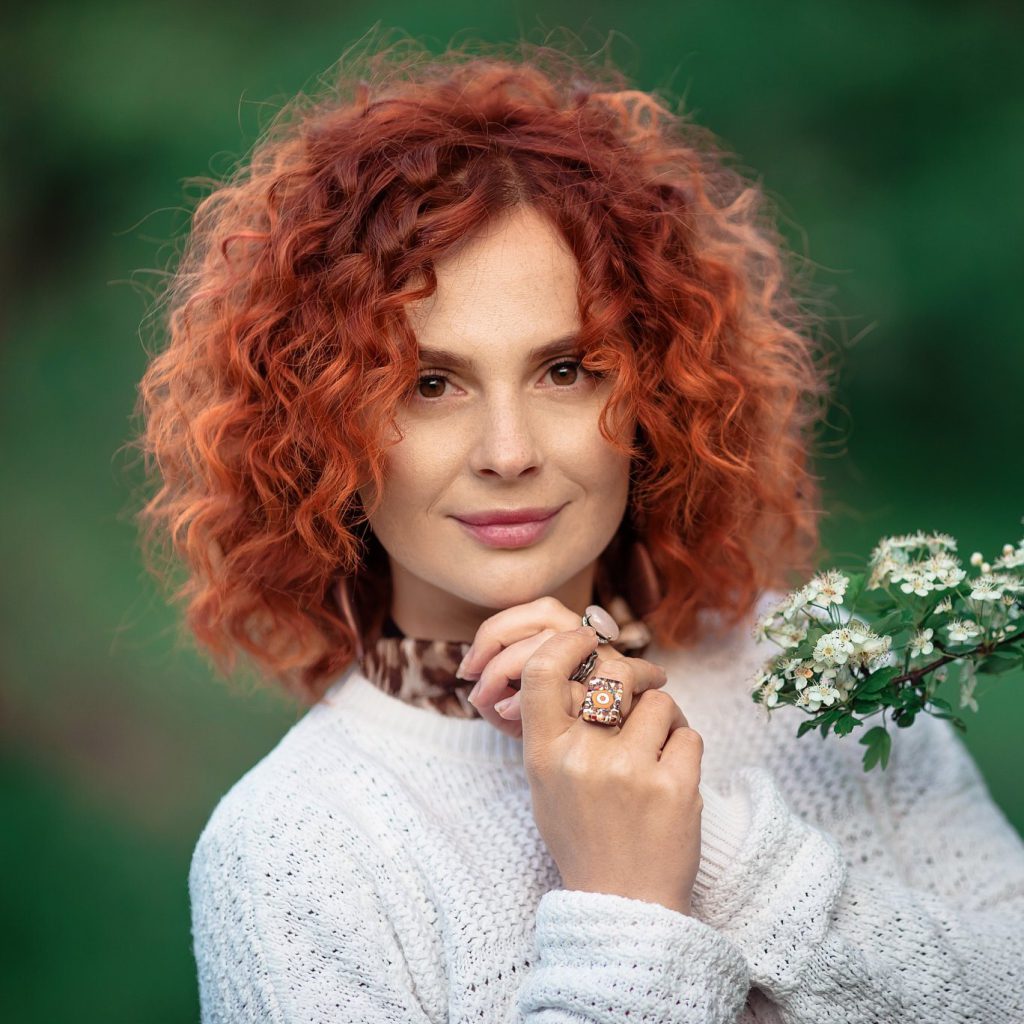
Tanya also decided to not waste her time and right after all her documents were ready she applied for and received a work permit. However, she didn’t apply for a temporary protection status as she was hoping to come back home as soon as possible. A lot of people would be scaring her with the possibility of the new Russian attacks and invasions on 9 May. The woman was waiting when the situation would get a bit more clear. On 10 May, Tanya took her children, got on the bus and set off home.
«When we crossed the Polish border there was around 6 a.m.,» Tanya said. «The sun was rising. My daughter woke up and started yelling in the bus, «Mom, look, that’s Ukrainian sun!» And only back home, in Vinnytsya, I realized I could breathe here fully, that I felt comfortable and content, just as if I was embraced by my mother. By the end of May, I returned to work already. Now I continue working as a tour guide. I am showing the city to the people who found refuge here. I continue paying my taxes and I also donate to the army and various causes. I’ve been abroad, and according to my personal feelings, it was way harder to process everything while I was away.»
A Journey To Poland And Back
A Vinnytsya native Lyudmyla Zayets got scared for her 17-year-old daughter, and on 27 February they headed to Poland.
During the peaceful times, the woman was a head of a private design school. But after the invasion, she was forced to change her usual routine. Lyudmyla was leaving together with her daughter, her two sisters and her niece. They were traveling through the checkpoints, and they had to stop every thirty minutes, as their documents were being checked near every settlement they passed. Their trip lasted for 27 hours. Luckily, Lyudmyla’s nephew lives in Warsaw. The young man and his boss met them and took them to the newly rented apartment.
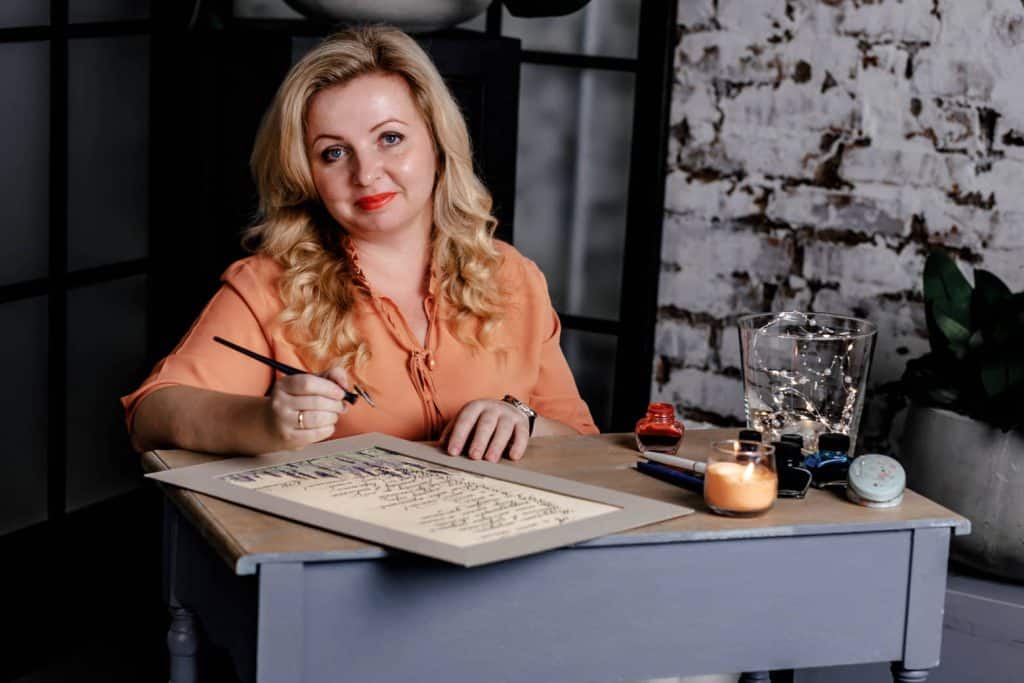
According to the woman, they were welcomed everywhere, and they were immediately offered accommodation or hotels. Lyudmyla would be stressing to them, «Don’t rush to find accommodation for us, we can take care of it. Wait a couple of days, as the people who would arrive, would be most likely fleeing the war only with their essentials packed.» Nobody realized back then that the stream of refugees would be that big. However, the landlord didn’t charge them for the apartment anyway. The family had free accommodation for three months.
It was not Lyudmila’s first visit to Poland. Twenty years ago, she and her husband worked there. A young family was saving for study. That’s why there was no language barrier. Two days later, the woman registered her children for study: one of them at the school and another one at the university.
And what next, sitting at home without a job? They went to the refugee centre. Nobody knew there yet what to do with them and how to help them. But Lyudmyla and her sister managed to get a job in the primary school through the department of education. It turned out the primary school needed their help. More Ukrainians would be arriving with their kids, and a lot of them didn’t speak Polish. Another sister went to volunteer at the railway station.
«People in Poland are very kind, they created the best conditions for us. When we arrived we had the fridge and the cupboards in the kitchen filled with food. People provided us with everything: free transportation, as well as museums and their admission, all of that was free for us,» the woman said.
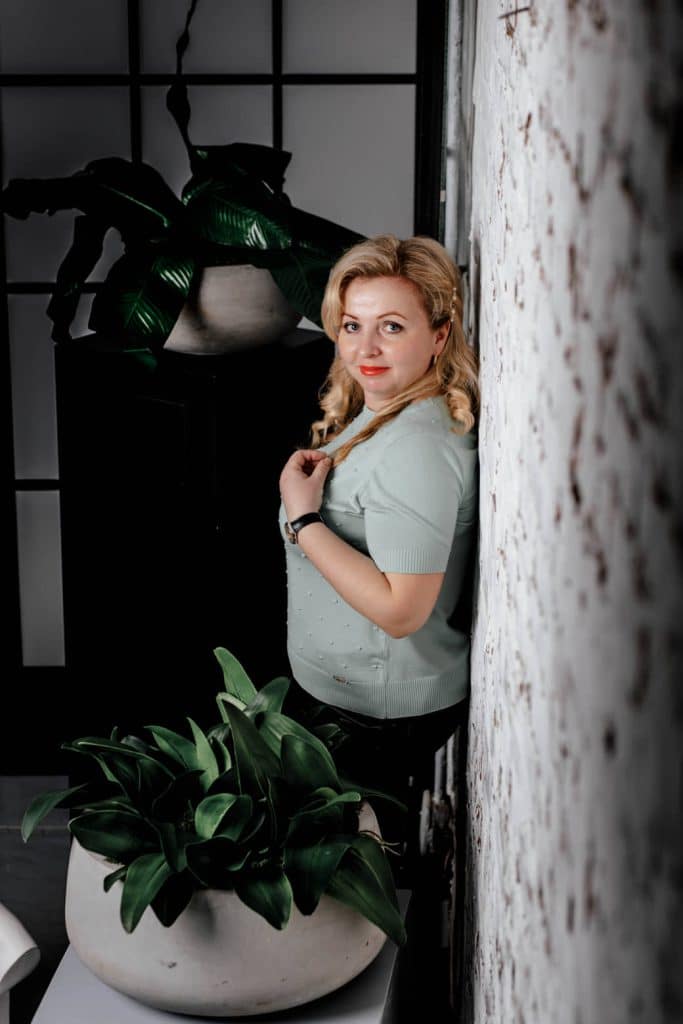
But she wanted to go home all the time. So she decided to return by the end of spring. Soon after she came back to her home town she started seeing a therapist who prescribed her some anti-depressants. It was impossible for her to just look at what has happened to the city, to live with the constant sirens and air raid alarms. What saved Lyudmyla was that she managed to take her children on vacation in Bulgaria that summer.
«For a long time, I had a feeling that our lives were just going by, and we weren’t really living them,» Lyudmyla said. «It is easier now, it’s a bit better, even though we don’t have electricity here.»
«I Want To Live Where My Home Is»
A resident of Kropyvnytsky Alla Voloshina heard the news about the beginning of the full-scale invasion while she was on a business trip in Vinnytsya. The woman is the head of the organization «Association for Community Self-Organisation Assistance» and spends a lot of time traveling.
Her children stayed home. At 6 a.m., her ex-husband called her and told her that the war has started. During her entire long trip to Keopyvnytsky, the woman could hear the explosions. People were panicking, just like herself. Alla wanted to get home as soon as possible.
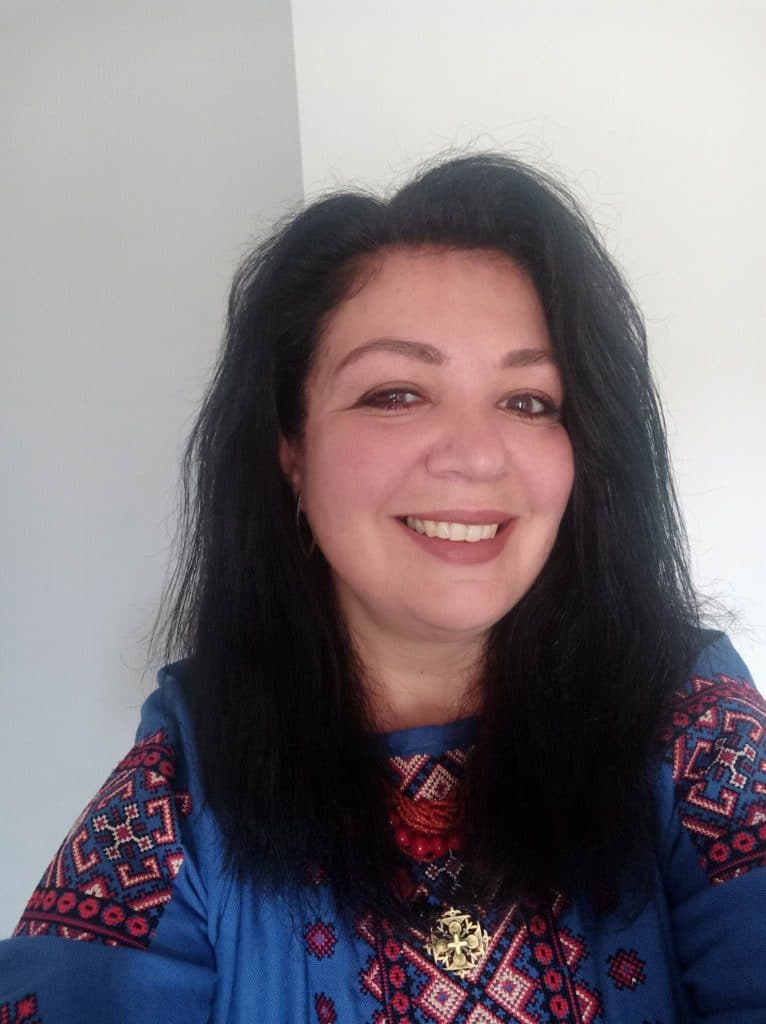
On 25 February, she was still thinking that she’d stayed in Kropyvnytskyi. But her ex-husband and her older son managed to convince her to save the two younger children: fourteen-year-old Marichka and nine-year-old Maksym. Her older son works for an IT company and he refused to evacuate with them. In the beginning, Alla and her children moved to the settlement of Tyshkivka, in Kyrovograd Oblast, but a week later the family continued their trip and headed to Romania, to the town of Cluj-Napoca.
«I didn’t know anything about Romania,» Alla said. «Other than that there was a Dracula Castle there. But the way Romanians welcomed us, with such sincerity, understanding and a wish to help, was so heartfelt. My children’s travel passports were expired, and we also didn’t have a father’s permission to travel with them abroad. But it didn’t turn out to be a problem, and the border guards let us in. We crossed the border on 8 March. We had really great living conditions, we didn’t pay anything at all. People brought us food right away, they also brought toys for my younger son. They were doing everything possible to make us feel safe. I am very thankful to Romanians. This is not a big and prosperous country, it’s not like, let’s say, Germany. But people are so incredible, so sincere, and they do a lot for Ukrainians.»
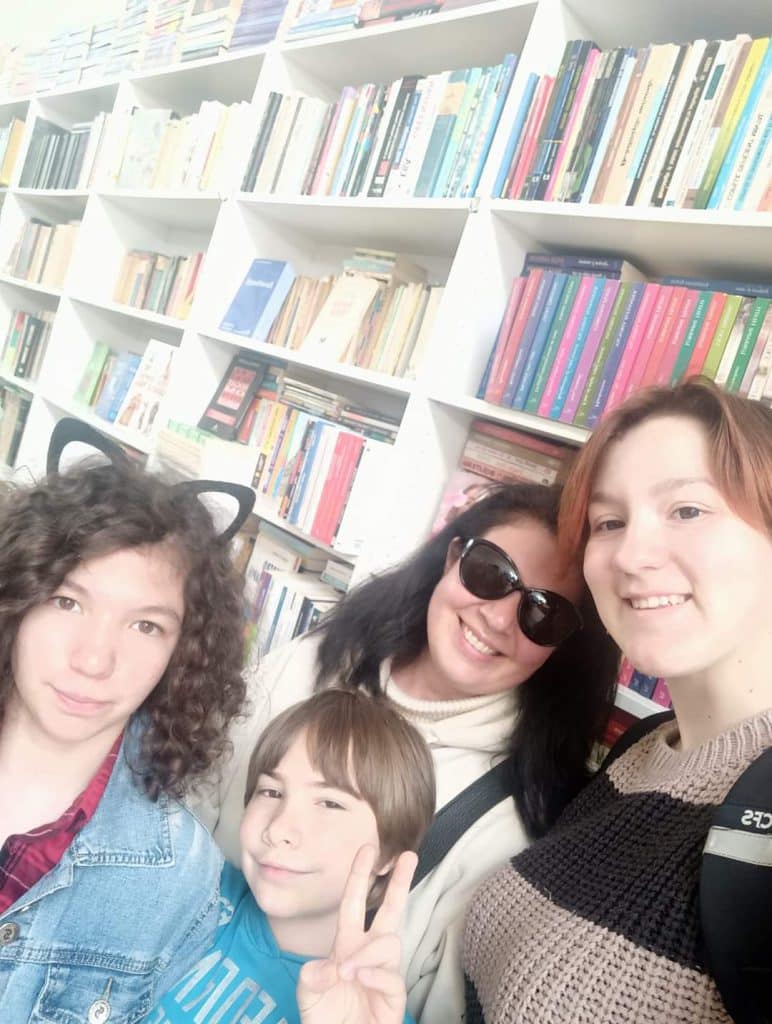
They returned to Ukraine at the end of September — at the beginning of October. This decision was made on a family council. Children also wanted to go home. A full-scale invasion changed their city, and their attitude to life too.
«My job always involved a lot of business trips in Ukraine and abroad,» Alla said. «I’ve been to 45 countries. I always considered myself a person of the world, for who it doesn’t really matter where to live, as long as it’s a democratic country where human rights and freedoms, and freedom of expression are respected. Now I started having this feeling that that’s where I want to live, that’s my home.»

